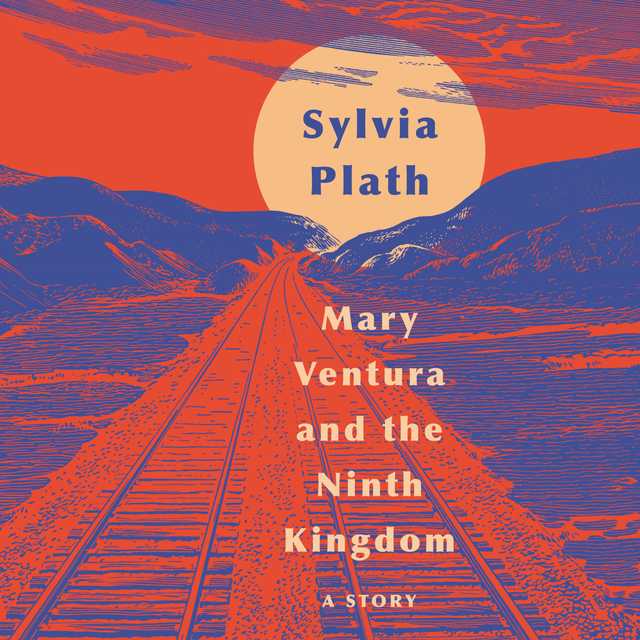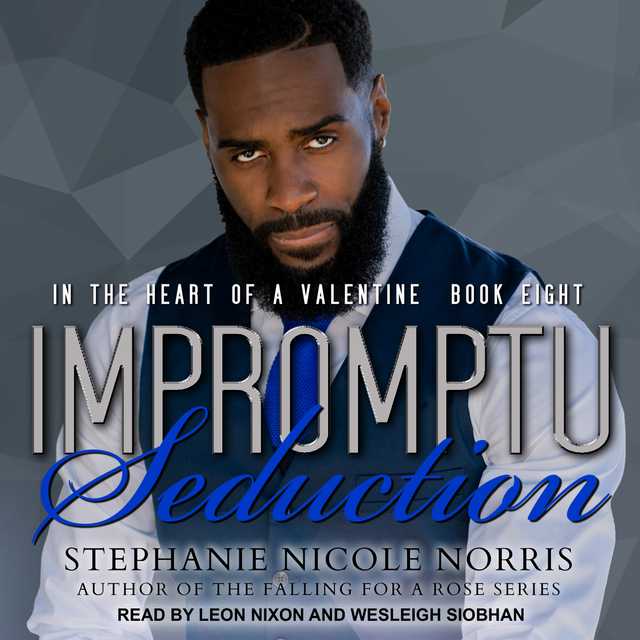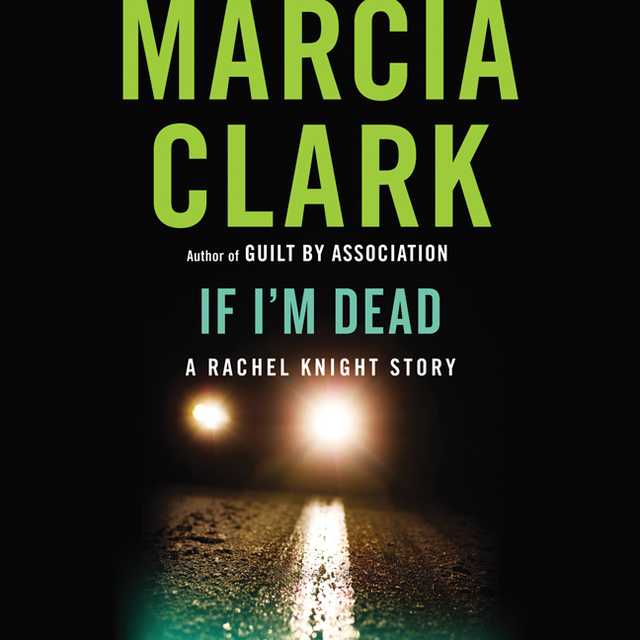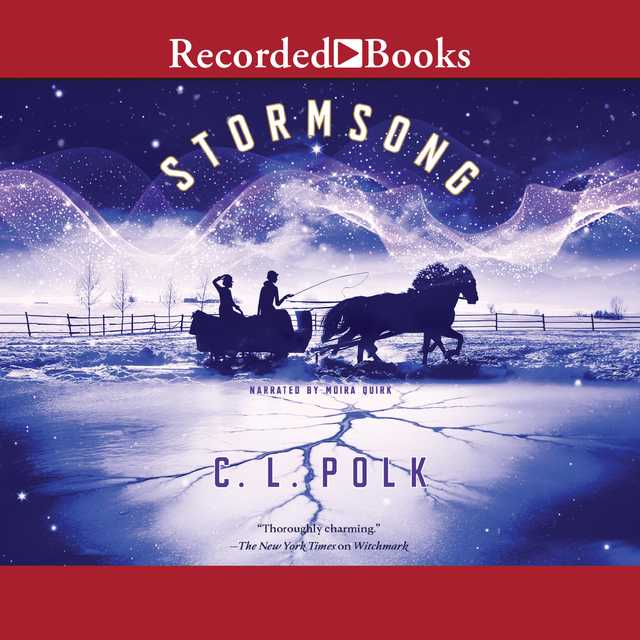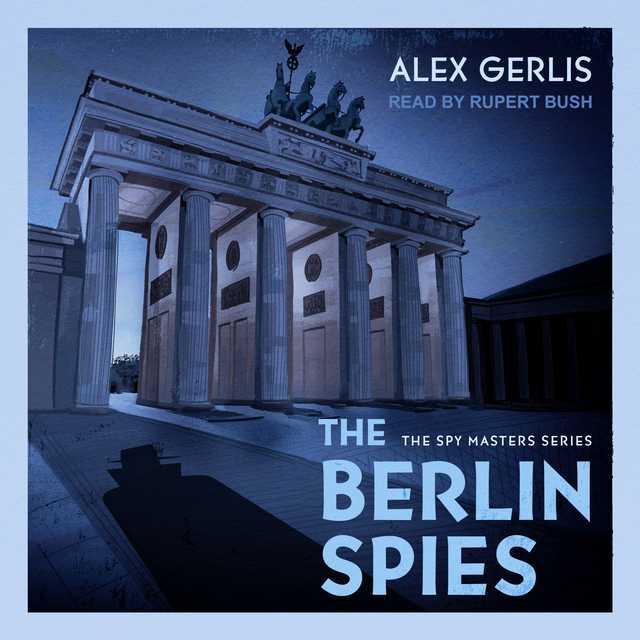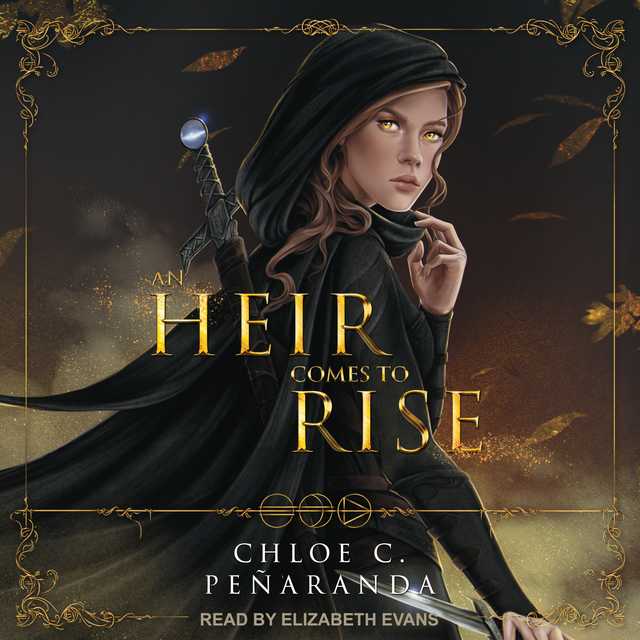Mary Ventura and The Ninth Kingdom Audiobook Summary
This newly discovered story by literary legend Sylvia Plath stands on its own and is remarkable for its symbolic, allegorical approach to a young woman’s rebellion against convention and forceful taking control of her own life.
Written while Sylvia Plath was a student at Smith College in 1952, Mary Ventura and The Ninth Kingdom tells the story of a young woman’s fateful train journey.
Lips the color of blood, the sun an unprecedented orange, train wheels that sound like “guilt, and guilt, and guilt”: these are just some of the things Mary Ventura begins to notice on her journey to the ninth kingdom.
“But what is the ninth kingdom?” she asks a kind-seeming lady in her carriage. “It is the kingdom of the frozen will,” comes the reply. “There is no going back.”
Sylvia Plath’s strange, dark tale of female agency and independence, written not long after she herself left home, grapples with mortality in motion.
Other Top Audiobooks
Mary Ventura and The Ninth Kingdom Audiobook Narrator
Orlagh Cassidy is the narrator of Mary Ventura and The Ninth Kingdom audiobook that was written by Sylvia Plath
About the Author(s) of Mary Ventura and The Ninth Kingdom
Sylvia Plath is the author of Mary Ventura and The Ninth Kingdom
More From the Same
- Author : Sylvia Plath
- The Bell Jar
- The Unabridged Journals of Sylvia Plath
- Publisher : HarperAudio
- Abraham
- American Gods [TV Tie-In]
- Dead Ringer
- House of Sand and Fog
- Prey
Mary Ventura and The Ninth Kingdom Full Details
| Narrator | Orlagh Cassidy |
| Length | 43 minutes |
| Author | Sylvia Plath |
| Category | |
| Publisher | HarperAudio |
| Release date | January 22, 2019 |
| ISBN | 9780062940865 |
Additional info
The publisher of the Mary Ventura and The Ninth Kingdom is HarperAudio. The imprint is HarperAudio. It is supplied by HarperAudio. The ISBN-13 is 9780062940865.
Global Availability
This book is only available in the United States.
Goodreads Reviews
Justin
February 04, 2019
This is a rejected short story Sylvia Plath wrote when she was 20. Unearthed and published for the first time, it’s an exciting event for no one but us literary nerds.The story itself is above-average quality. A bit wordy at the beginning, but amps up significantly by the halfway point. When the less-than-subtle suicide allegory kicks in, it becomes unputdownable for those of us obsessed with Plath’s personal life.While clearly the work of someone still developing their craft, the themes provide an interesting insight into one of the greatest writers of all time. I was not disappointed!
Dr. Appu
October 29, 2022
The Bell Jar, written by Sylvia Plath, is one of my favorite books of all time. (Picture courtesy- vinhanley.com. You could relate to many of the things mentioned in the above picture if you have ardently followed her works.) When I saw the name Sylvia I quickly jumped on to read this short story by her. This book is about independence over infanticide, which was written after she left her home. We can see Plath's writing skills in the raw form in this book. Many topics which she discusses in her future books, like suicide and hope, are all well depicted in this book. It is sad to hear that this was initially rejected when she wrote it at the age of 20. I am glad that someone was able to find this short story and publish it.
aly
December 21, 2022
I read the author's article and know that this book is not something that I can immediately figure out once finished. Especially when she said: "I can’t let Shakespeare get too far ahead of me, you know" — because let's be real. When else do you ever get to crack Shakespeare works without some help. So, if you're reading this simply to read, then I'm afraid you'll get nothing out of it; or depending on how you want to make of it. But for all that, I hate to be kept in the dark so I did some digging on the figurative meaning behind this piece. And it's best to say, my second time rereading this was something else. The experience of reading Mary Ventura and the Ninth Kingdom is inextricably linked to what we know is about to happen: an impending doom made all the more terrifying by the other passengers' blissful innocence. Hence, to escape the fate that awaits everyone else, Mary realizes, she will have to opt-out of the system.To think that I love how the book starts its story because it reminds me of Harry's first ride with Hogwarts Express might be an understatement to delightful. Because if anything, Mary's trip to the Ninth Kingdom is anything but joy, and Mary's decision to get off the train is more likely a suicide allegory. The story appears to suggest that life is miserable and leads to nothing but disaster and that the only way out is to stop living, reflecting the author's first suicide attempt the summer after writing this story. Having myself filled with this information gave me cold shivers, considering how clueless I was the first time I read this and how accurate it seems to the living day now. All said and done, I know Plath's works may not be up to everyone's alley, but if you want something short and mindblowing. This book is perfect for you.
Bill
January 14, 2023
Late in 1952, Smith College student Sylvia Plath completed this “vague symbolic tale” and submitted it to Mademoiselle. Although Mademoiselle commissioned Plath to interview poet Elizabeth Bowen, and invited her to come to New York as a guest editor (a heady and unsettling experience which provided inspiration for The Bell Jar), the magazine rejected her story. Although Plath later made a half-hearted attempt at revision, she never submitted “Mary Ventura and the Ninth Kingdom” again.It remained unpublished for more than fifty years. Until now. It’s no masterpiece, but it is quite good, well worthy of the magazine publication it never received and a significant contribution to the Plath legacy.It is a tale of a young woman’s train journey—urged on her by her parents to a destination continually referred to as the Ninth Kingdom. Is it a good place or a bad place? Or perhaps “The Good Place” or “The Bad Place”? Is the knitting fat woman who sits next to Mary her friend, or is she an enemy? Should Mary continue to her final stop, or should she pull the emergency cord?What makes this is good short story—at least for me—is that each detail of the journey is precisely imagined, and yet characterized by such doubleness, such unrelenting ambiguity, that the reader remains in doubt of the wisdom of Mary’s choice until her journey reaches its end.
Jon
September 16, 2022
Surreal and arresting - can't help but see the the analogy that 'tracks' over into the life of this great poet towards the end. We can all relate to that feeling of 'movement' that a train makes; the different stations, always having to be ready to exit at some point. A reflection of Sylvia Plath th
DR.AmiraSalah
October 11, 2019
What a nice cover! What a beautiful writing! How dare they reject that brilliant short story from publishing? Sylvia has been able to master writing these events in a very limited number of pages, no more than forty.
Contrary
January 10, 2019
Sylvia Plath doing what Sylvia Plath does best- zinging imagery, with a dark and sinister air hovering in the background. This story was intense, ominous and knew exactly what it wanted to achieve. Not a word wasted
Justo
June 04, 2020
“The shuttle of the train wheels struck doom into her brain. Guilt, the train wheels clucked like round black birds, and guilt, and guilt, and guilt.”“Mary Ventura and the Ninth Kingdom” is for the readers of Plath, who love Plath, for all that Plath represents. This short work, written during the time Sylvia was a student at Smith College, is speckled with brilliance and lines that will make up the alluring essences of Ariel or even The Bell Jar. For readers who enjoy curling in the secrets of her diary, “Mary Ventura and the Ninth Kingdom” is almost a jolt— a prophetic warning of future suicide attempts and a life of pressures and second-guessing. The short story weighs on the reader like a damp quilt. It seems as if HarperCollins Publishers excavated a true, infant gem in the massive plethora of what is available to Plath fans, a sort of fossilized egg that shares the DNA of its predecessors. Plath’s writing is so captivating and accessible that it is hard to imagine how private Plath was with her subconscious. “Mary Ventura and the Ninth Kingdom” is a young Sylvia with the same outlook on life. To new Plath readers, keep in mind this short story is 11 years before the publication of The Bell Jar, years before her marriage with Ted Hughes, and barely months away from her first suicide attempt. Moreover, “Mary Ventura” was completed before her rejection from Harvard’s summer writing program. All in all, “Mary Ventura and the Ninth Kingdom” mirrors Sylvia Plath before the scratches that would eventually become deeper wounds.On the surface, “Mary Ventura and the Ninth Kingdom" is a story about a young woman on a train to a destination unknown; however, like much of Plath’s work, the short story has translucent layers the reader must pull back. The short story allows us to see the dichotomy of female agency and independence; free will and paralysis; youth and death. Narrative-wise, the story is a quick, simple reader under 30 minutes. However, the wave of what is underneath hitting the reader right in the chest. You remain hopeful and somewhat proud of Mary’s agency and willingness at the end of the story. It seems as if the story echoes the plights and happy ending conventional to fairy tales... Yet, reality sinks in. You leave the short work sad knowing Sylvia’s fate, wondering what led her astray and into the Ninth Kingdom and why Plath would never get the chance to meet the woman with the blue gaze of triumphant and love. Why Plath could not hear “I have been waiting for you, dear” in the hullabaloo of her life.The train has departed.
Ana
October 08, 2020
Una historia cierta e inédita que me pareció excepcional. Con un personaje que todo lo sabe y que es guía de la protagonista para tomar decisiones.
Marcus
February 22, 2019
To celebrate their 90th birthday, publisher Faber and Faber have launched a series called ‘Faber Stories’. A single short story by a host of well-known writers such as Samuel Beckett, Kazuo Ishiguro, P D James, Lorrie Moore, Flannery O’Connor and Sylvia Plath. The first launch of these individual shorts has twenty slim volumes. There will be more later in the year.This story by Sylvia Plath was written in in 1952 when she was twenty years old. It was sent to a magazine for publication, but was rejected. Two years later she revised the story, making it less sinister and curtailing the ending. This version is the first one that Plath wrote and in Faber’s opinion is the better of the two. This is its first publication.It is a beautifully written story. There is an increasing sense of unease that grows from start to finish. We begin at a railway station. Mary’s parents deliver her to the train and are keen that she doesn’t miss it. Mary is reluctant. At one point she says she would rather go another time, but her parents are insistent. They are also remote, almost unfeeling about their daughter. She waves, but they do not see her.A woman comes to sit next to Mary, and takes out her knitting. The train eventually emerges from a tunnel and the setting sunlight is smoky. The older woman say that the cause is forest fires burning away to the north. She has travelled this journey before, the waiter in the restaurant car knows her usual order. They do not pay for their orders, everything will be deducted at the end of the journey.All elements of the train trip are slightly unnerving. Things don’t quite feel right, but it is hard to put your finger on exactly why. There is a mix of passengers; business men, mothers and children, the old woman and her knitting. The older woman buys them a chocolate bar, and when Mary offers to pay the older woman says, ”… you’ll have enough to pay for by the end of the trip.” It is the first off-key note.The vendor recognizes the old woman, and they laugh easily together. He is surprised she is making the trip again, and talks about some sort of mistake on a previous trip. It seems people don’t often travel this journey more than once.From this point on, the alarm bells start to ring. Things are not right, something sinister is happening. I won’t say more about the content of the story, other than that I like the way things begin to move rapidly in the last third of the book. Like the train you are rushing down the line to a conclusion. Many questions will be left unanswered, left to the imagination of the reader.
Paula
October 21, 2021
Sylvia Plath escreveu este conto aos 20 anos e a revista para a qual o enviou não quis publicá-lo.Adoraria ver o caixote de lixo deles... A escrita é fabulosa, os diálogos divertidos e, se compreendi bem esta alegoria, já cá estão temas presentes na vida de Plath.
Suhaib
November 19, 2022
This short story is an allegorical tale of a woman who breaks free from the shackles of her mother and father and what they represent, nature and culture. Compelled by her eager parents, Mary goes on a train headed to the Ninth Kingdom, a mysterious place we soon come to associate with tyranny and oppression. Mary feels reluctant, but her mother and father push her on. She meets a woman who divulges some information about where the train is headed. Mary soon wakes up to the fact that she is being herded to some dangerous and seemingly oppressive place. She tells the woman that she wants to escape. The woman promptly agrees, excited that she finally found a woman who would readily say no. The escape is somewhat symbolic. Mary pushes on a lever to stop the train at the next station. She runs up a dark and scary stair, guarded by a snake that swivels around her ankle. She keeps running until the climb ends with her coming to a big city. There she meets the woman, who maternally leans over the boxes of flowers she lined along the street. The tried symbol of the snake is reminiscent of the fall (here the climb) from innocence to experience. And I think that the upward trajectory symbolizes Mary’s coming to a higher mode of consciousness (this can also be read as climbing up from hell to heaven, that is, the narrator is really dead). So, would I recommend this short story? Absolutely. I love symbolism and this story makes good use of its symbols.
Frequently asked questions
Listening to audiobooks not only easy, it is also very convenient. You can listen to audiobooks on almost every device. From your laptop to your smart phone or even a smart speaker like Apple HomePod or even Alexa. Here’s how you can get started listening to audiobooks.
- 1. Download your favorite audiobook app such as Speechify.
- 2. Sign up for an account.
- 3. Browse the library for the best audiobooks and select the first one for free
- 4. Download the audiobook file to your device
- 5. Open the Speechify audiobook app and select the audiobook you want to listen to.
- 6. Adjust the playback speed and other settings to your preference.
- 7. Press play and enjoy!
While you can listen to the bestsellers on almost any device, and preferences may vary, generally smart phones are offer the most convenience factor. You could be working out, grocery shopping, or even watching your dog in the dog park on a Saturday morning.
However, most audiobook apps work across multiple devices so you can pick up that riveting new Stephen King book you started at the dog park, back on your laptop when you get back home.
Speechify is one of the best apps for audiobooks. The pricing structure is the most competitive in the market and the app is easy to use. It features the best sellers and award winning authors. Listen to your favorite books or discover new ones and listen to real voice actors read to you. Getting started is easy, the first book is free.
Research showcasing the brain health benefits of reading on a regular basis is wide-ranging and undeniable. However, research comparing the benefits of reading vs listening is much more sparse. According to professor of psychology and author Dr. Kristen Willeumier, though, there is good reason to believe that the reading experience provided by audiobooks offers many of the same brain benefits as reading a physical book.
Audiobooks are recordings of books that are read aloud by a professional voice actor. The recordings are typically available for purchase and download in digital formats such as MP3, WMA, or AAC. They can also be streamed from online services like Speechify, Audible, AppleBooks, or Spotify.
You simply download the app onto your smart phone, create your account, and in Speechify, you can choose your first book, from our vast library of best-sellers and classics, to read for free.
Audiobooks, like real books can add up over time. Here’s where you can listen to audiobooks for free. Speechify let’s you read your first best seller for free. Apart from that, we have a vast selection of free audiobooks that you can enjoy. Get the same rich experience no matter if the book was free or not.
It depends. Yes, there are free audiobooks and paid audiobooks. Speechify offers a blend of both!
It varies. The easiest way depends on a few things. The app and service you use, which device, and platform. Speechify is the easiest way to listen to audiobooks. Downloading the app is quick. It is not a large app and does not eat up space on your iPhone or Android device.
Listening to audiobooks on your smart phone, with Speechify, is the easiest way to listen to audiobooks.

